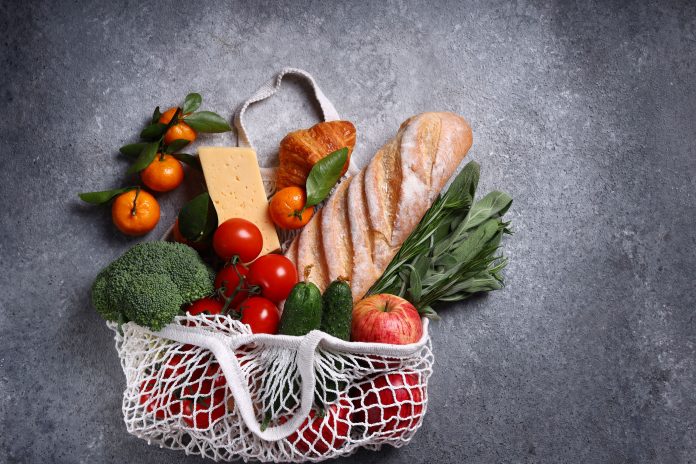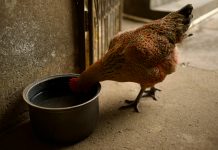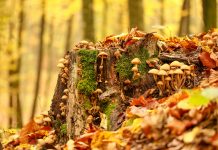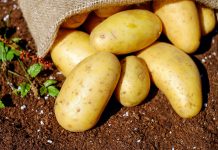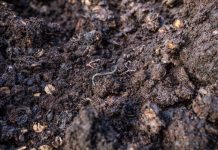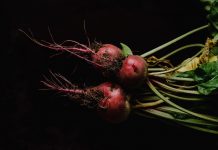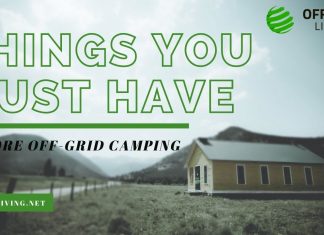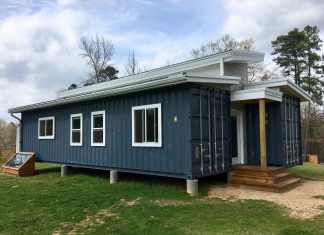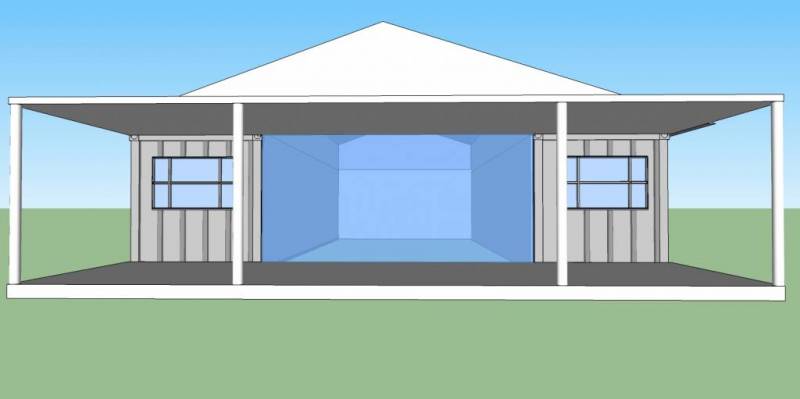Living off the grid has become more popular in recent years as people are increasingly looking for a way to live more sustainably and reduce their environmental footprint.
However, one of the most difficult aspects of living off the grid is producing your own food. Fortunately, there are several ways to do this, such as gardening, raising animals, and foraging for wild foods.
In this post, we’re going to take a closer look at these methods so you can be all set to produce your own food off the grid so no matter where you are, you don’t have to worry about having enough food around!
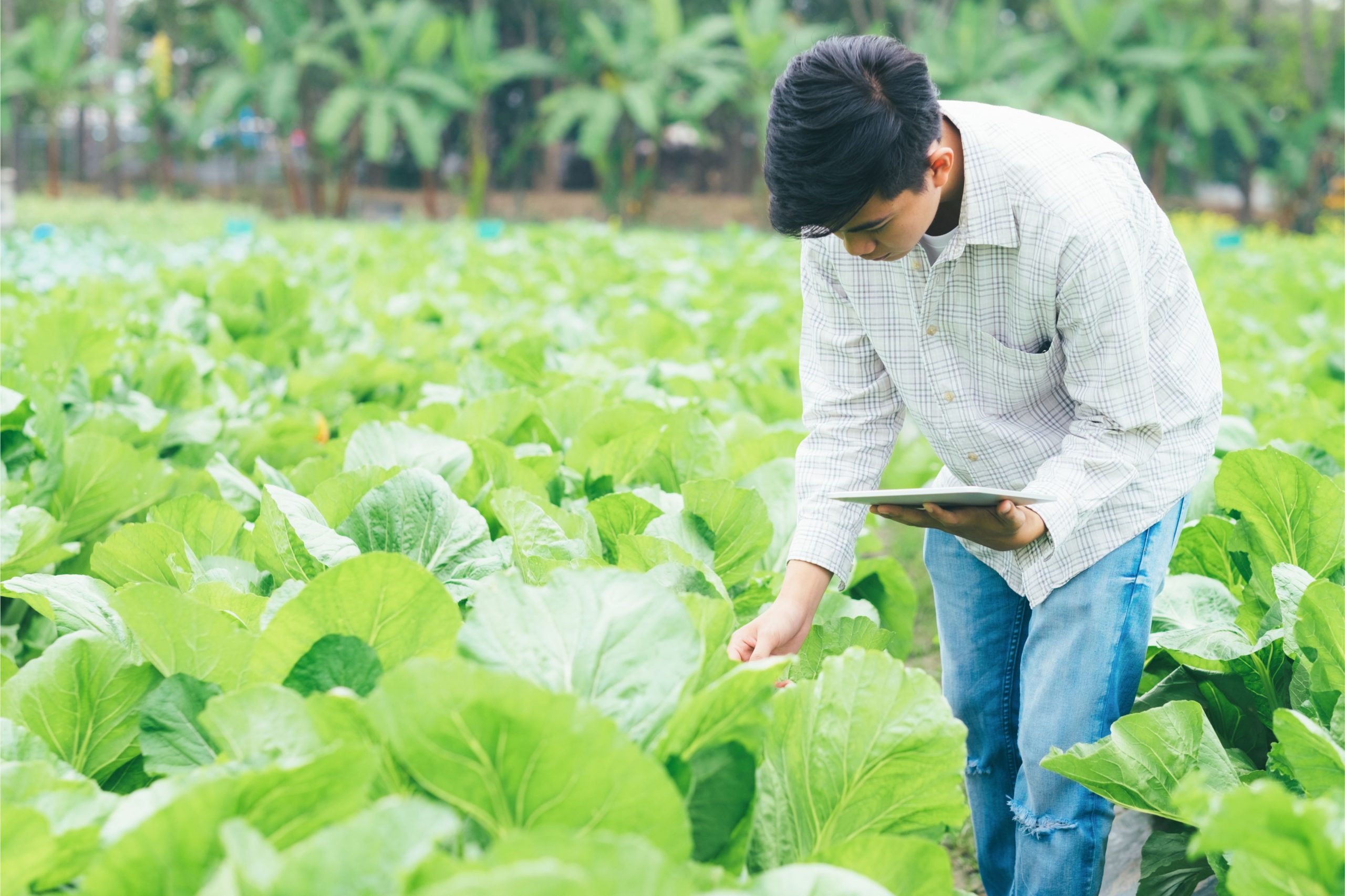
Gardening
Growing your own vegetables is an excellent way to produce food while living off the grid. It can be done on a small scale with just a few containers or pots or on a larger scale with raised beds or outdoor gardens. If you’re just starting out, it’s best to start small and learn about plants that are easy to grow in your area before expanding your garden. You’ll also need to consider what kind of watering system you’ll use (if any), whether you’ll need irrigation equipment, and how much time you have available for maintaining your garden.
Raising Animals
If you have enough land and resources, raising animals can be an effective way to produce food off the grid. This could include chickens for eggs and meat, goats or sheep for milk or wool products, or pigs for bacon and other pork products. You will need to provide them with shelter from the elements and make sure they get plenty of food and water on a regular basis. Additionally, many states require farmers—even small-scale ones—to obtain certain licenses before they can raise certain types of animals.
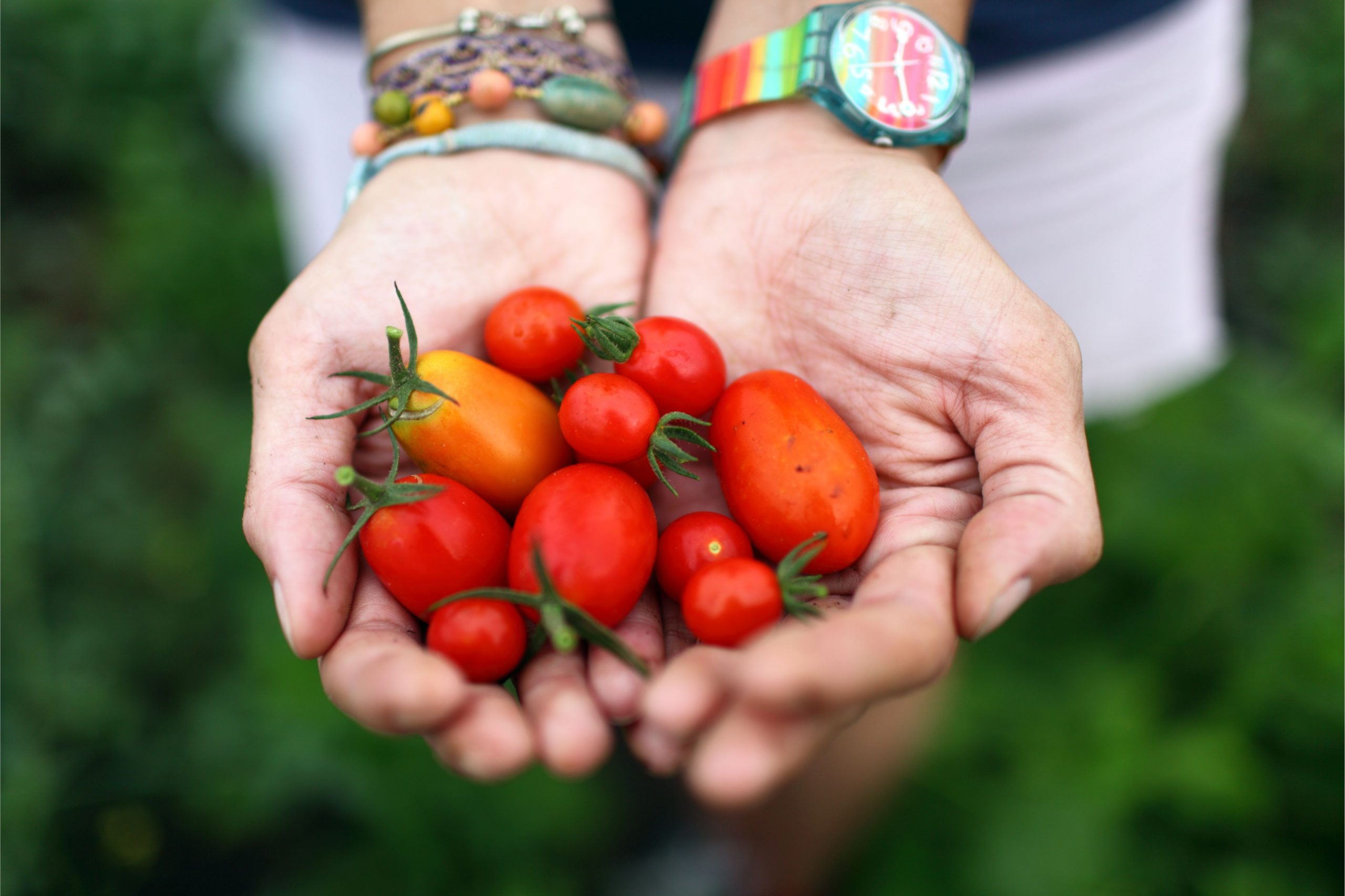
Foraging For Wild Foods
Foraging is another great way to produce food off the grid if there are wild edible plants growing in your area. Common edible plants include mushrooms (which should always be identified by an expert before eating), berries (such as blueberries), nuts (such as acorns), and greens (such as dandelions). Before you start foraging, though, make sure that it is legal in your area since some places have restrictions on collecting wild plants from public lands or private property without permission from the owner. Additionally, never eat anything unless you are 100% sure that it is safe! If in doubt, don’t eat it!
Set Up a Greenhouse
If you’re looking for additional warmth and protection against insects, a greenhouse is an ideal way to extend your growing season and grow more diverse types of plants. That way, you can grow to produce all year round, even in the winter months. To get started, you’ll need to choose a location that gets plenty of sunlight and make sure the space is properly insulated. This can be done with glass, plastic, or other materials that will keep the heat in a while, still allowing light to enter.
Raise Chickens
Chickens are a great way to get fresh eggs on demand while living off the grid. They’re relatively low maintenance and feed off of scraps from the kitchen easily. This means all you have to do is collect the eggs!
Invest in Bees
Bees are another great way to generate food while living off the grid. Not only do they help pollinate plants, but they also produce wonderful honey, which can be harvested regularly throughout the year.
Start Fishing
If you have access to water, then fishing is one of the most bountiful methods of producing food for yourself while living off-grid. Invest in gear such as rods & reels and look into obtaining required licenses for any catches made per local regulations. Explore nature with fly fishing guides in Tennessee this weekend. If you are looking for the best gear for your fishing trips, then look no further than Fishndans.com! It reviews the best rods and reels, as well as gives you access to expert tips and reviews. And whether you prefer freshwater or saltwater fishing, Trusty Fisherman has tips tailored to your interests.
Forage for Wild Edibles
Not many people know this, but there are likely edible plants scattered across your property that you weren’t even aware of! Take advantage by researching what’s growing wild in your part of the world, and start harvesting!
Set Up an Aquaponics System
Utilizing aquaponics will allow you to cultivate both fish and vegetables all within one system! It uses no soil, less water than traditional gardening practices, and is highly efficient at producing large yields over time with little effort required on your part once set up properly
Raise Rabbits
Rabbits make excellent pets when you’re living off-grid due to their easy upkeep and sustainability! You can raise them for meat or fur, depending on your needs; either way, they really don’t require much space or caretaking in general, making them a great addition to any self-sustaining lifestyle
Build a Root Cellar
Stocking up on root vegetables such as potatoes, carrots & onions is an excellent way to ensure everyday nourishment during times when access or income may be limited! A root cellar provides storage solutions through cool temperatures, which preserves them over longer periods of time
Learn How To Preserve Foods
Learning how to preserve food through canning & freezing will give you delicious treats all year long! These methods have been used for centuries by everyone, from seasoned farmers out in rural countryside settings right down to modern city dwellers seeking out flavorful meals for their families with the minimal cost associated!
The Bottom Line
Living off-grid can be an extremely rewarding experience as it provides a great sense of freedom and autonomy. These simple steps will help you get started and provide you with the tools to produce sustainable food sources for yourself and your family. So, get out there and start living off-grid!


